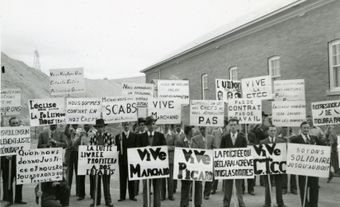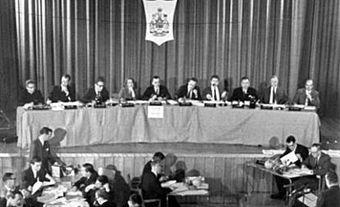Gérard Pelletier, journalist, labour and social activist, politician, diplomat (born at Victoriaville, Quebec 21 June 1919; died at Montreal 22 June 1997). Pelletier is well known for his reporting of Quebec’s Asbestos Strike for Le Devoir. In English, Pelletier is often referred to as one of the "Three Wise Men" of Quebec who entered federal politics in 1965, along with labor leader Jean Marchand and law professor Pierre Trudeau, to counter the rise of Quebec separatism.
Early Life and Career
Gérard Pelletier grew up as one of 8 children in a working-class family. He was educated at the Séminaire de Nicolet and Collège Mont-Laurier. He later went on to receive a B.A. at the Université de Montréal, where he met fellow student Pierre Trudeau.
From 1939 to 1943, Pelletier was secretary-general of Quebec's Jeunesse étudiante catholique (see Catholic Action). From 1945 to 1947, he was field secretary of the World Student Relief organization in Geneva, Switzerland. After touring Argentina, he returned to Montreal where he became a reporter for Le Devoir from 1947 to 1950. His reporting of the 1949 Asbestos Strike in Quebec helped launch his career and led him to the position of director forLe Travail , the journal of the Catholic Workers Confederation of Canada, which would later become the Confederation of National Trade Unions (CNTU).
In 1950, together with several colleagues including Trudeau, Pelletier founded and wrote for Cité Libre, a magazine that brought together Quebec intellectuals who opposed the politics of Premier Maurice Duplessis. Pelletier and others denounced the socially regressive and antidemocratic policies of the Duplessis regime as well as the clericalism of the Quebec Catholic Church. They advocated using the state and dynamic labour organizations to create a modern, democratic and pluralistic Quebec society.
In 1961, Pelletier became editor of La Presse . After a prolonged strike in 1964, the owners ofLa Presse fired him for his radical editorial views.
Federal politics
The Quebec separatist movement was on the rise in the 1960s. At the invitation of Prime Minister Lester B. Pearson, Pelletier, Trudeau and his long time friend in the Catholic labour movement JeanMarchand decided to enter federal politics in 1965. Claude Ryan, then-editor of Le Devoir dubbed them les trois colombes (“the three doves” or “the three wise men”) sent to reconcile French Quebec and English Canada at the federal level.
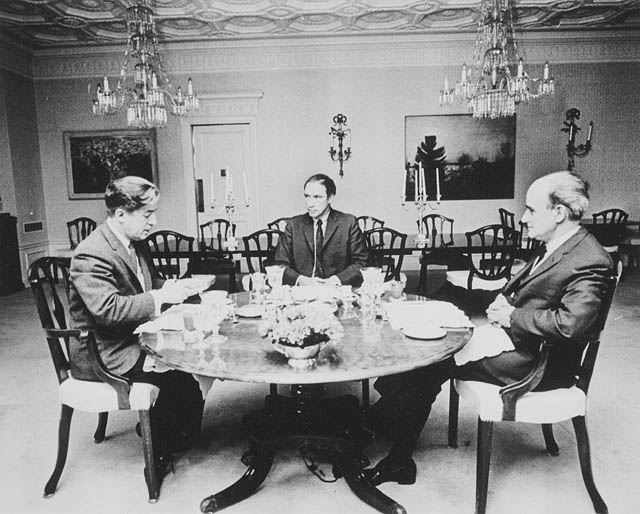
Pelletier served as secretary of state for external affairs (1968–72). In this role, he spearheaded passage of the Official Languages Act through Parliament in 1969. He also served as minister of communications (1972–75) in the Trudeau administration. He helped formulate the federal government’s response to the growing crisis in Quebec-Ottawa relations. He served as Canadian ambassador to France (1975-81), and then became ambassador to the United Nations (1981-84).
In 1984, Pelletier became chairman of the board of the National Museums of Canada, a post he held until retiring from public life in 1987. He was the author of La Crise d'Octobre (1971), Les Années d'impatience (1983) and Les Temps des choix (1986, translated in 1987 as Years of Choice ).

 Share on Facebook
Share on Facebook Share on X
Share on X Share by Email
Share by Email Share on Google Classroom
Share on Google Classroom
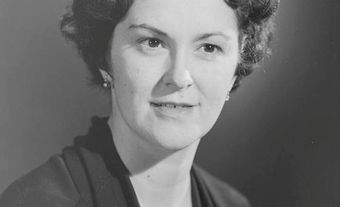

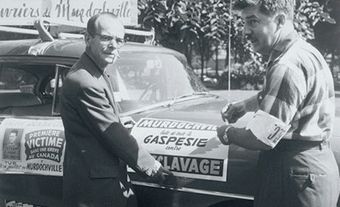
.jpg)
